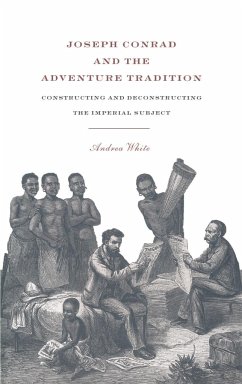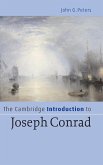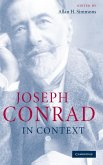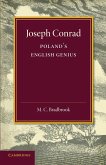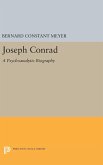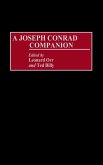Nineteenth-century adventure fiction relating to the British empire usually served to promote, celebrate, and justify the imperial project, asserting the essential and privileging difference between 'us' and 'them', colonising and colonised. Andrea White's study opens with an examination of popular exploration literature in relation to later adventure stories, showing how a shared view of the white man in the tropics authorised the European intrusion into other lands. She then sets the fiction of Joseph Conrad in this context, showing how Conrad in fact demythologised and disrupted the imperial subject constructed in earlier writing, by simultaneously - with the modernist's double vision - admiring man's capacity to dream but applauding the desire to condemn many of its consequences. She argues that the very complexity of Conrad's work provided an alternative, and more critical, means of evaluating the experience of empire.
Table of contents:
Introduction; 1. Constructing the imperial subject: nineteenth-century travel writing; 2. Adventure fiction: a special case; 3. Them and us: a useful and appealing fiction; 4. The shift toward subversion: the case of Rider Haggard; 5. Travel writing and adventure fiction as shaping discourses for Conrad; 6. Almayer's Folly; 7. An Outcast of the Islands; 8. The African fictions: (I) - An Outpost of Progress; 9. The African fictions: (II) - Heart of Darkness.
Dr White contrasts Conrad's fiction with earlier writing (travel accounts and adventure stories) on the subject of empire, showing how the very complexity of Conrad's work provided an alternative, and more critical, means of evaluating the experience of empire.
A study of Conrad's fiction in relation to earlier travel and adventure writing on the British empire.
Table of contents:
Introduction; 1. Constructing the imperial subject: nineteenth-century travel writing; 2. Adventure fiction: a special case; 3. Them and us: a useful and appealing fiction; 4. The shift toward subversion: the case of Rider Haggard; 5. Travel writing and adventure fiction as shaping discourses for Conrad; 6. Almayer's Folly; 7. An Outcast of the Islands; 8. The African fictions: (I) - An Outpost of Progress; 9. The African fictions: (II) - Heart of Darkness.
Dr White contrasts Conrad's fiction with earlier writing (travel accounts and adventure stories) on the subject of empire, showing how the very complexity of Conrad's work provided an alternative, and more critical, means of evaluating the experience of empire.
A study of Conrad's fiction in relation to earlier travel and adventure writing on the British empire.

